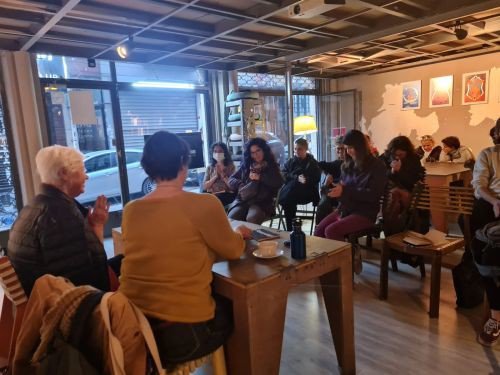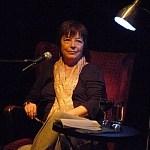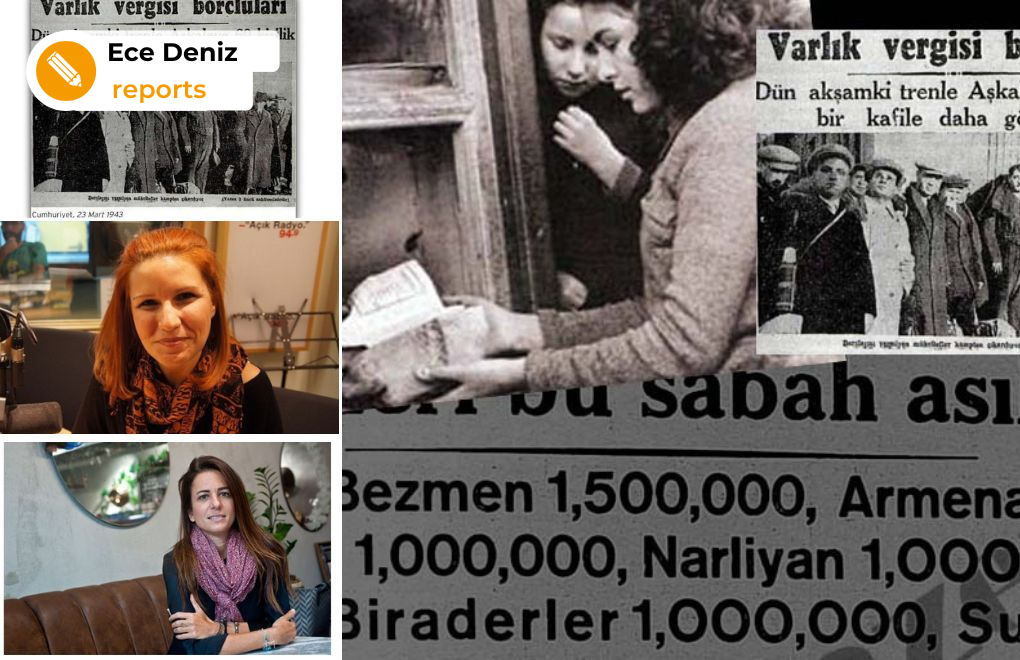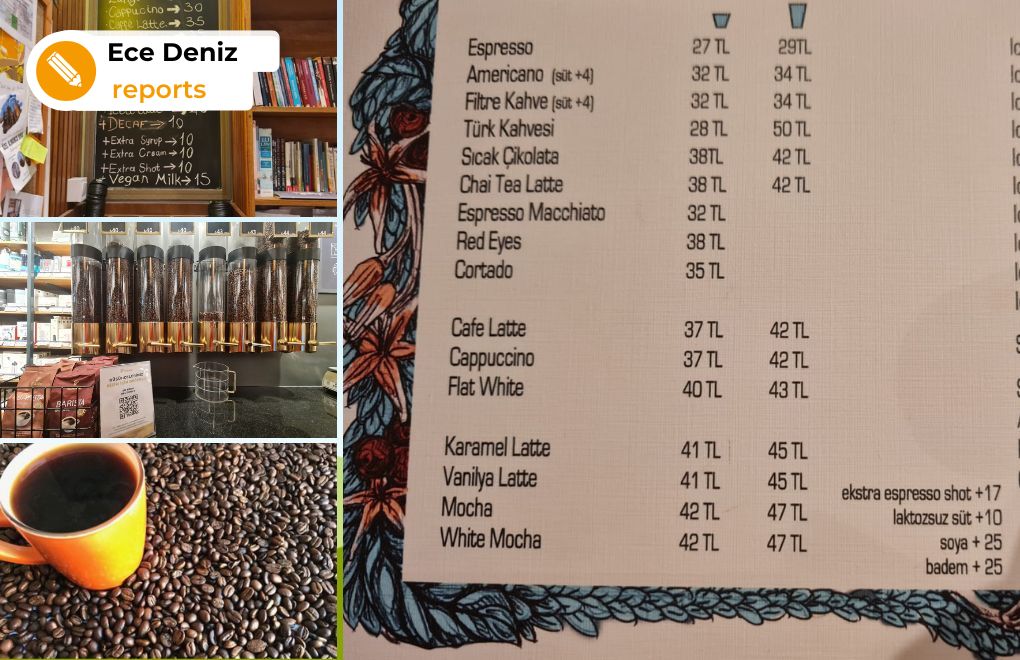Photos: Ece Deniz/bianet
Click to read the article in Turkish
In an event at arthereİstanbul at the 17th İstanbul Biennial, journalist Nadire Mater answered questions about her book Mehmedin Kitabı (Mehmed's Book), written 23 years ago, answering questions by another journalist, Çiğdem Öztürk.
The book, published in 1999, and new copies printed three more times in two months, was later banned following the complaint from the General Staff. Mater and Semih Sökmen from Metis, the publishing house, stood trial for two years and were both acquitted. Mehmedin Kitabı was also free again.
1990's
Mater said in the event that it should make us think that the book, which is 23 years old, still has actuality. Summarizing how the media and journalism was in the 90's she reminded that at least 36 journalists were killed in Kurdistan between 1990-2000 and that 13 of them were killed in 1992 alone.
"When the journalists could not report the things they might have reported otherwise, or when they reported inadequately, 'Mehmedin Kitabı' became more important. The society was sad when heroes died, but was not asking those who returned what they lived through."
"But until 1998 two and a half million young people had done their military service in the conflict areas in 14 years and at least 15 million people had experienced the war with their beloved joining the army. But the issue was not discussed. Further to that these 'heroes' could be (and still can be) announced betrayer/killer any moment" Mater said.
How was it written?
How was the book written, described as "not comforting" by the feminist political scientist Cynthia Enloe who wrote the foreword to the English version ?
Nadire Mater reflected in detail:
"That one year passed with the 42 lives. The lives disclosed to me were pushing me to see everyone guilty since they did not see what was happening in the country."
"I was on vacation in Foça, reading the papers. The people around me likewise. I was even forgetting myself. I wanted to ask all those people "What is happening in this country? Are you aware of it?" Then I saw this woman, around same age with me, putting sunscreen on her son's shoulders who was all skin and bones. She was telling a friend "today is some anniversary of the terror. My husband had great difficulty taking a leave, he just arrived from the Southeast." I was very ashamed.
"I was mean to my friends during the time I wrote that book in between the difficulties and the questioning. My publishers, my friends, my husband, and my daughter put up with me for one year.

"Journalists should ask"
Of course it was therapeutic to tell about what you lived through, to share your stories.
"Most young people I talked to said to me "I was waiting, someone would come." They were/are waiting for someone to ask. There is no such thing that they will not talk. This is true for any issue. Journalists should not decide for themselves that people will not speak, they should ask. People have things to tell. Unfortunately for a long time journalists asked me the addresses of those who I talked to, in order to make interviews. Because they were not able to find 'those who did their military service in the Southeast.' They are everywhere, they are drivers, waiters, painters, shopkeepers, they are the unemployed."
What was the best timing for this book? At that time? Mater is saying that Memedin Kitabı was a delayed book, it should have been written before.
Was it also an early book?
Mater says, "It was 'early' since still it cannot be discussed frankly. But newspapers, televisions interviewed me and reported about the book when it was first published. It was different after the trials and the acquittal. In fact it is always too early when the real persons speak. They should not speak, the war must continue, there is no space for peace journalism.
"On the other hand the structure of the army changed in Türkiye. Those who die are now professionals, they are mercenaries. There was not much reporting in the past either, but now there is deeper silence about the soldiers who die. They know that it is very likely that they are going to die while being engaged. The main reason for accepting being a mercenary is unemployment."
Easier to tell to a woman?
Was being a woman important in these interviews?
"I think so. As far as I know it is the women who collect the witnessing of soldiers in books more in the world. And again it is not so easy for a man to open up to another man. In my case I was their mother's age generally. I think it is easier when you are similar to their mother but you are not. They do not open up to their mothers in order not to make them sad.
"I think women know better how it should be, how they should ask. Somewhere in the Blacksea region the mother of the young soldier had come to me and said "I would be very happy to hear the things my son has told you."
What if Mehmed's Book was written now?
How would this book be if it was written now, the same or different? Nadire Mater thinks that the last two parts of her book, namely "For those who cannot talk" and "The numbers..." have not been taken up enough.
For example the part "For those who cannot talk" starts with the words of the father of İhsan Akyüz who did his military service in the conflict area, then hijacked a plane. Akyüz's father is asking, "We call those who died martyr, those cripled veteran; what name will we give our children who are depressed?"
"Of course the book would be different. Decoding the war, describing what it costs is something more than numbers. How did this environment continuing for 38 years affect the Kurds, and the non-Kurds, the whole society? How did violence spread in society? For instance what share does the war have on femicides? Which changes took place in the mental health of the society? What do the daily reports of violence tell us? And many other questions. I believe all these questions are waiting to be examined in new books."
(ED/EMK/HA/PE/VK)





.jpg)

.jpg)
.jpg)
.jpg)

